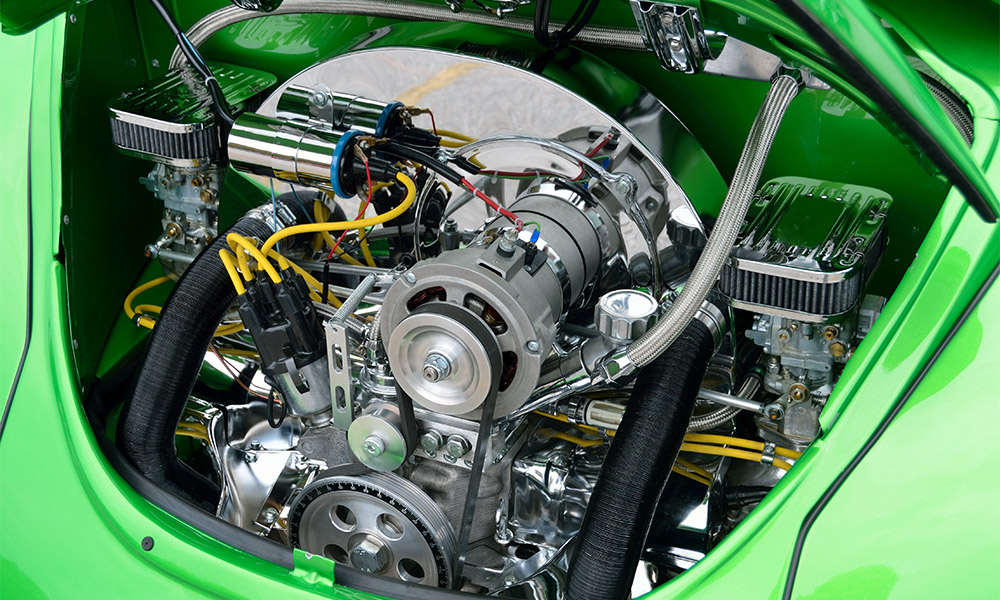
News from Volkswagen and Mercedes-Benz indicate that the internal-combustion engine (ICE) may be a lot less dead than everyone thinks.
If you have followed mobility news in recent times, then it can seem as if the rise of the electric car were pretty much inevitable. New models are being launched all the time, and global political powerhouses like the European Union are seemingly trying to kill diesel and petrol engines sooner rather than later.
But one party in this game doesn’t seem to be playing ball: the consumer. If news coming out of Germany is anything to go by, then demand for EVs is currently shrinking and good old dinosaur-juice burners are hot in demand again.
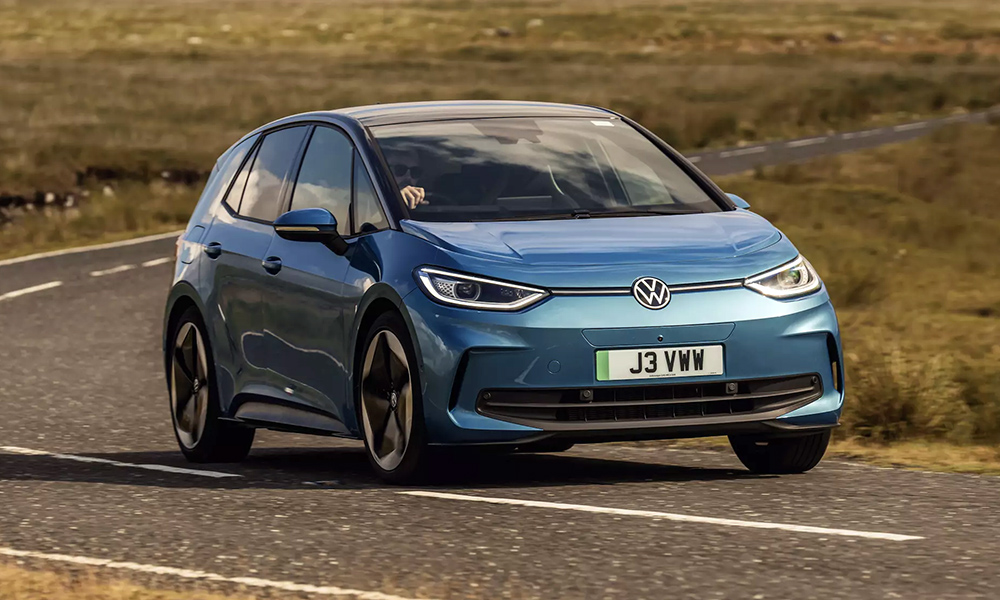
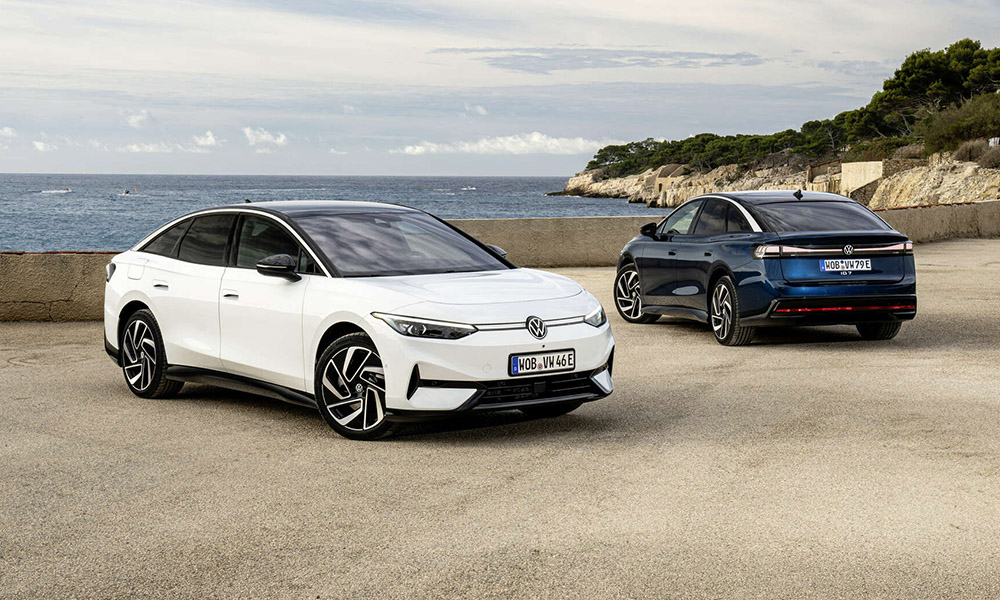
German media outlets are reporting that VW is slowing down and even pausing production of the ID.3 at the Wolfsburg factory, and the ID.7 at the nearby Emden plant. This is apparently due to sluggish demand from the car-buying public.
New ICE vehicles, on the other hand, are selling like hotcakes, and the carmaker had to ramp up production at its main factory to satisfy demand for models like the new Passat, the Tiguan, the Touran, and the Golf. All of them burn precious fossil fuels, and customers seem to love it that way.
VW is not the only company rekindling its love story with the internal-combustion engine. MB boss Ola Källenius recently weakened a previous promise to go fully electric by 2030 in all global markets where conditions allow.
In an interview with German newspaper Zeit, he stated that the company is laying the foundations for a fully electric model portfolio, but he also said that the time when the last combustion engine will be built is simply not yet known.
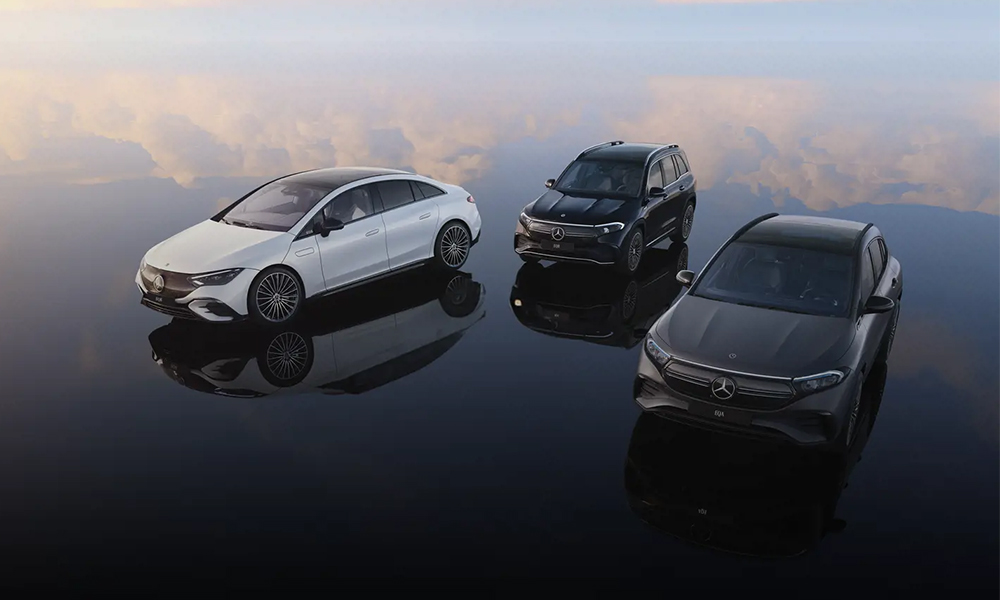
He stated that many factors are influencing the rollout of EVs, including the charging infrastructure, and that his firm will continue to build diesel and petrol cars well into the 2030s.
Källenius also mentioned that Mercedes EVs are doing well in the marketplace where comparisons to models from other countries like China are concerned, but that variable costs are still very high when it comes to building battery-powered cars. One of his big aims is to reduce the cost of batteries and the raw materials used within them.
He concluded the interview by saying that after a period of a little bit too much EV optimism, now a time of realism had arrived, and that Mercedes is well-positioned to build whatever type of car the market wants. He also weakened the EU plan to kill the combustion engine by 2035, saying that the government body first of all has to assess the market in 2026 and then decide what’s really realistic in terms of a roadmap.
If the boss of the company that invented the internal-combustion engine car says it’s not dead yet, then we are inclined to believe him. Here’s to many more years of suck, squeeze, bang, and blow!


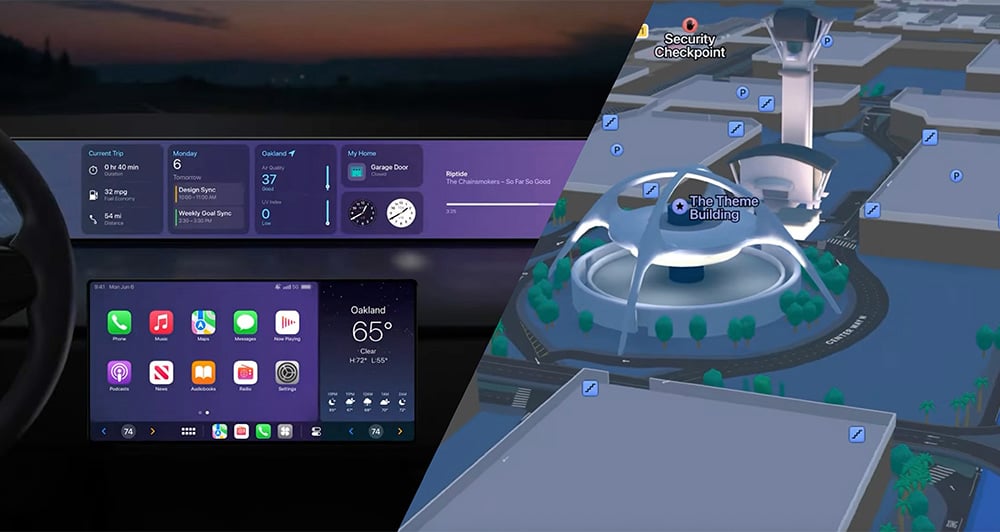
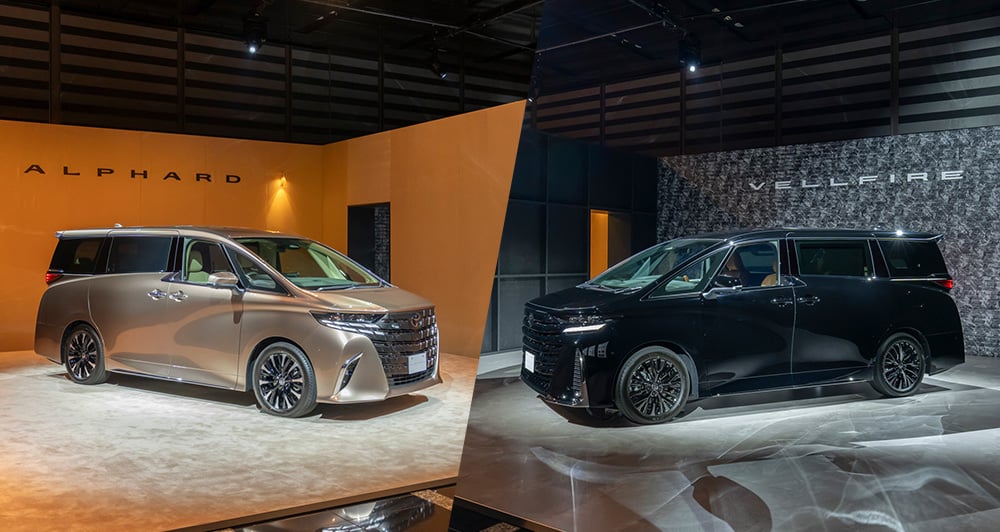
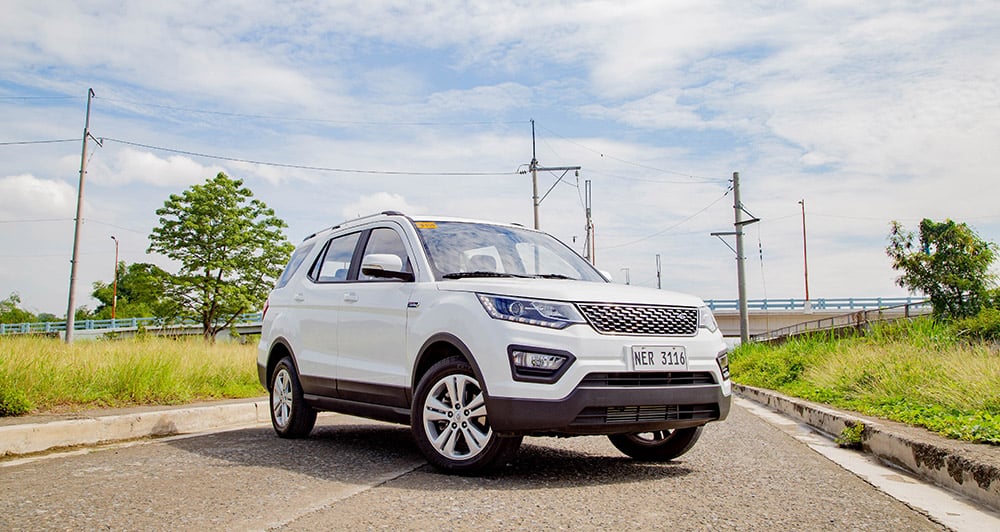
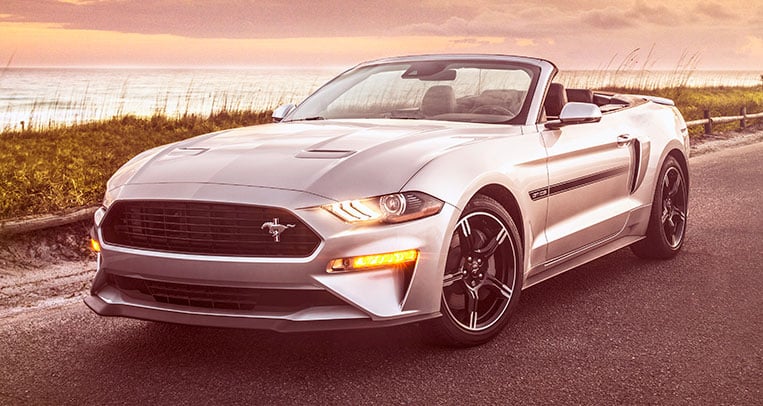
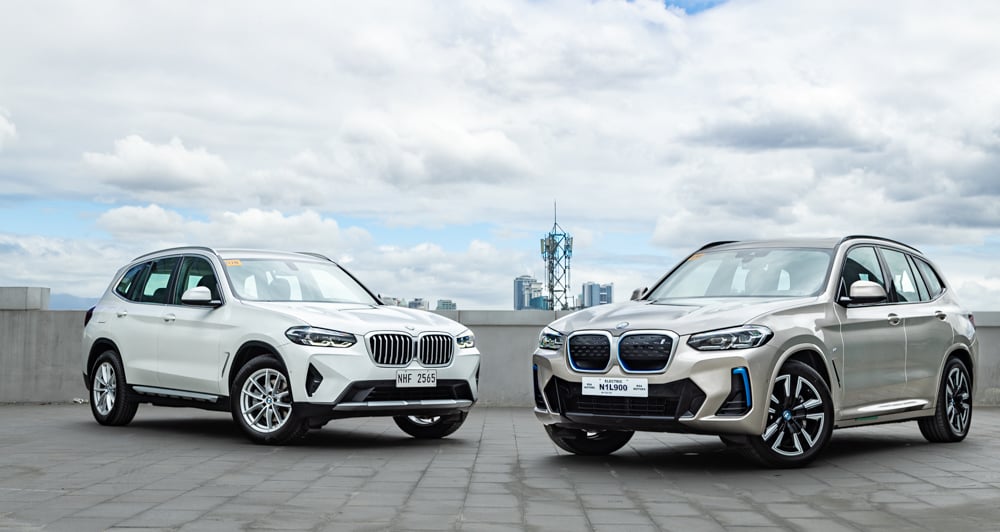

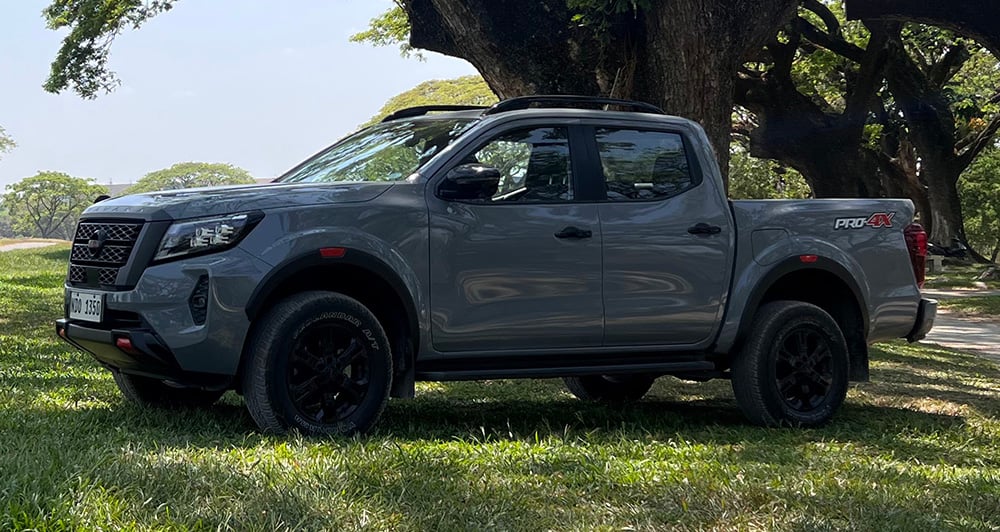
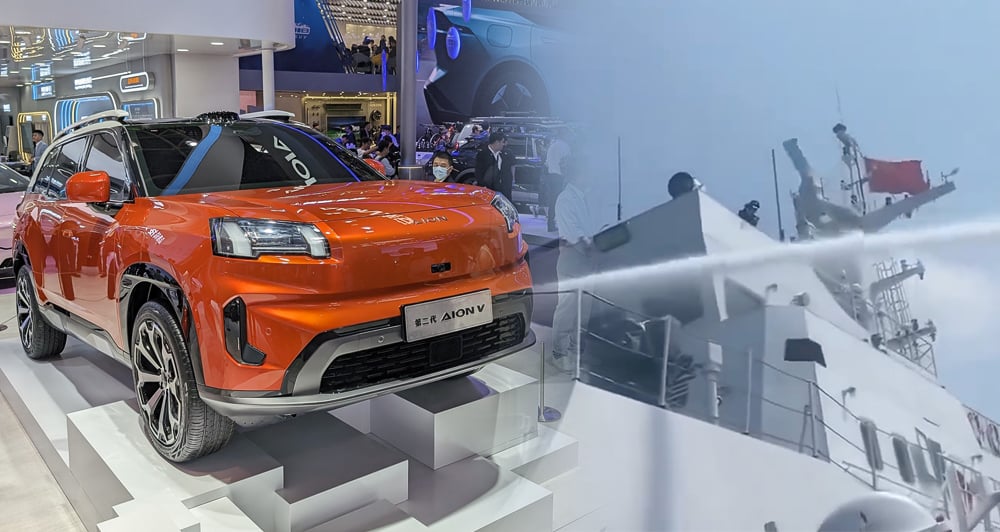

Comments